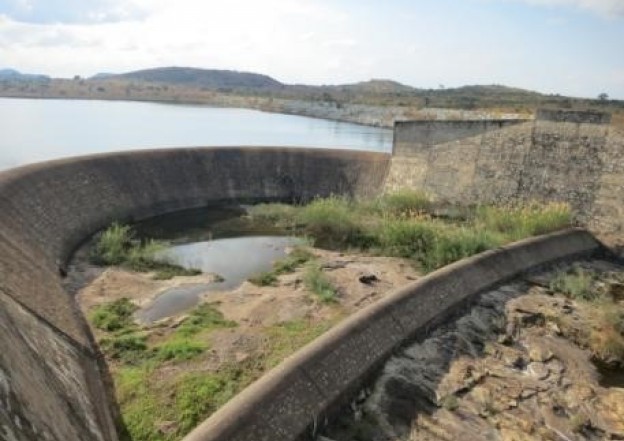Irrigation project symposium finds integrated approaches are best
By Philippa Adjapawn
In July, ACIAR’s Regional Manager for Africa Liz Ogutu attended an Irrigation Symposium in Zambia. The workshop focused on bringing together regional and international experts to share knowledge and experiences in irrigation development, particularly amongst smallholders in Southern Africa. AIFSRC and ACIAR have two projects focused on irrigation in Southern Africa including ‘Increasing irrigation water productivity in Mozambique, Tanzania and Zimbabwe through on-farm monitoring, adaptive management and agricultural innovation platforms. Participants discussed diverse irrigation scheme systems, appropriate methods for rehabilitating irrigation systems and the importance of educating farmers to look at farming as a business activities.
Paticipants inclued representatives from ICRISAT, SDC, FAO, CCARDESA, FANRPAN , the Universiy of KwaZulu Natal and IWMI. The workshops were orgnised by the Ministy of Agriculture, Mechanization and Irrigation Development in Zimbabwe, and McGil University. The event was faclitated by Joshua Nyoni and began with opening remarks from Dr Kizito Mazyimai, the ICRISTAT Country representative and welcome remarks from Mr Muzamhindo, the Minstry of Agriculture representative. AIFSRC’s project on increasing irrgation water productivity in Mozambique, Tanzania and Zimbabwe was presented to the participants
Participants also took part in a field trip to Negomo. Here they were able to see first-had the level of infrastructure present in area which is currently not being fully utilized. The farm was established as a citrus export cooperative society. Unfortunately, some of the equipment has gone into disrepair after the conclusion of the project that supported it’s development.
Other disussions highlighted the lack of freestanding policies on irrigation, despite numerous policies and strategies related to water. Participants concuded that the region needs an irrigaton policy in addtion to the development of national policies.
The participants expressed an intention to take learnings from the conference back to their respective agencies.
Key issues that could steer the research agenda in irrigation development were brought to light and include:
- Setting up a framework for crop value chain analysis and building up a spectrum of crops to be part of a value chain that meets the household food needs, income, and for local and export markets;
- Bringing in private investors who can provide capital and finance for infrastructure to enable storage of commodities to meet year-round food supply; and
- Leveraging the use of ICT in agriculture, as well as engaging youth and women Working on improvement of crop production through capacity building, promotion and up-scaling of tools and technologies to assist farmers (embedded in the realities that are found in these irrigation schemes)
Further information about the Irrigation Symposium is available through ICRISAT newsletter

